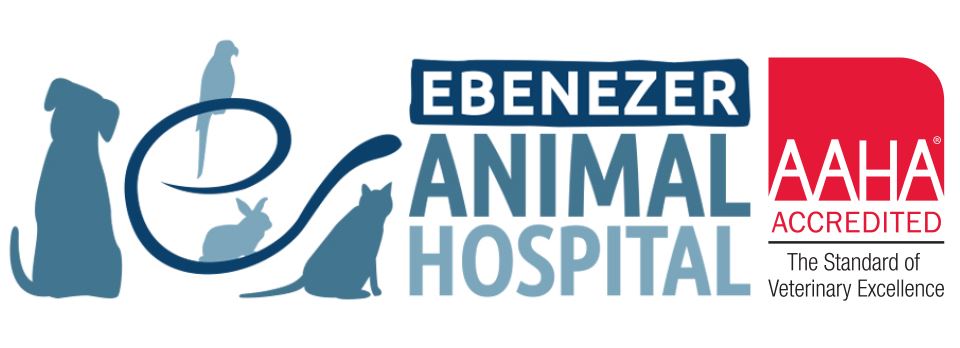As the colder temperatures of winter exit, spring will soon be upon us. Symphonies of bird songs will echo throughout backyards, flowers will emerge from a winter slumber, and trees will begin to bloom. Along with this awakening, millions of human residents in the Southeast will begin experiencing classic signs of allergies: watering eyes, congested sinuses, and runny noses. Allergies are a very common problem people experience in this area of the United States and may not become a problem until individuals are well into adulthood.
It should come as no surprise that dogs experience allergies as well. These allergies may be seasonal (related to a predictable time each year) or generalized (year-round). While humans evidence allergies primarily by upper respiratory symptoms, dogs almost always show signs of allergies by problems with their ears or skin. This can involve reddened regions or rashes, hair loss, minor to severe itching, licking of the paws, bumps along the body, and offensive odors from the skin, ears, or feet.
Allergies in dogs in this area of the country can be classified into three basic categories: atopic dermatitis, flea allergies, and food allergies. A brief discussion of each is offered below:
-Atopic dermatitis: Also called “atopy,” this is the most common reason why a dog has allergies. Atopy arises in dogs for the same reason it evidences in humans: it is evidence of an inappropriate immune reaction to something that is common in the environment. Common culprits include grass, pollen, dust, trees, dander, molds, fungus, and many more. The problem can be seasonal (think about pollen in the winter versus the summer) or year-round (e.g., dust or dander).
-Flea allergy dermatitis: This is the next most common cause of allergies in dogs. In general, dogs are highly allergic to flea bites. In fact, a single flea bite can cause weeks to months of allergy signs in a dog! Dogs with flea bite dermatitis will itch intensely and many times damage their skin and ears in the process.
-Food allergy: This is the least common allergy in dogs and usually the most over-diagnosed by owners. If present, dogs are usually allergic to the protein component in the food. This includes staples such as beef, pork, and chicken. Unlike the two previous causes of allergies discussed, dogs with food allergies may also have chronic loose stool or diarrhea.
Aside from routine yearly wellness visits, allergies are the number one reason we see dogs at Ebenezer Animal Hospital. We use the history you provide along with your dog’s signs to determine if an allergy is present and the best course of treatment. This may involve simple solutions such as flea control (an absolute must for dogs in the Southeast!) to more complex treatments such as antibiotics, ear medications, anti-inflammatory medication, topical shampoos, and even allergy vaccines.
Looking for a head start on allergy season? Here are a few at-home suggestions to bolster your canine companion’s allergy fighting arsenal:
-Use flea control ALL YEAR LONG. Fleas almost always cause an allergic reaction in dogs and are easily preventable with safe medication found at EAH.
-The addition of fish oil, which is rich in Omega 3 & 6 fatty acids, to your dog’s diet can help reduce inflammation and promote hair and skin health.
-Antihistamines, such as diphenhydramine (Benadryl) or Ceterizine (Zyrtec), can help reduce (but generally not cure) allergy signs.
-Feed a high quality dog food that lists a protein source (poultry, beef, fish, etc.) as one of the first ingredients. Cheap dog foods are generally made of poor quality protein, preservatives, and fillers that can contribute to allergies.
-If your dog chews his or her feet excessively after going outside, consider wiping their feet off as soon as they enter the house.
-Use a moisturizing shampoo and allow the suds to sit on the skin a minimum of five minutes before rinsing. Ingredients such as aloe and oatmeal can be soothing for allergic skin.
Finally, it is important to remember that any dog exhibiting allergy signs for more than a few days should be seen by your veterinarian. Left unattended, allergies can lead to significant discomfort in your pet and may take much longer to treat the longer the signs persist. Allergy season is right around the corner and it’s important to take the first steps to make that season a bearable one!
Dr. Jay Hreiz
Owner/Veterinarian
Ebenezer Animal Hospital
What's Next
Call us or schedule an appointment online!
Meet with a doctor for an initial exam.
Put a plan together for your pet.

